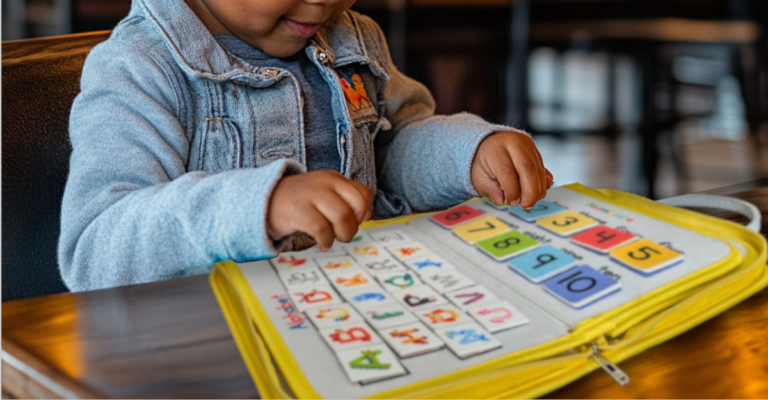Parenting Tips: Raising Curious, Independent Learners
Parenting is a journey filled with countless opportunities to nurture curiosity and independence in children. Encouraging these traits from an early age sets the foundation for lifelong learning and self-reliance. Here are some tips and strategies to help you guide your child toward becoming a curious, independent learner.
- Create a Stimulating Environment.
Children thrive in environments that encourage exploration and discovery. Provide access to a variety of materials, such as books, puzzles, and art supplies, that cater to their interests. Design spaces in your home where children can safely explore and engage with their surroundings.

- Encourage Questions
Foster your child’s curiosity by welcoming their questions. When they ask “why” or “how,” take the time to explore the answers together. This not only helps them learn but also demonstrates that their thoughts and inquiries are valued.
- Promote Hands-On Learning
Experiential learning is one of the most effective ways for children to understand the world around them. Activities like gardening, cooking, or building allow kids to engage their senses, problem-solve, and see the results of their efforts.

- Model a Love of Learning
Children are natural imitators. Show your enthusiasm for learning by reading, trying new activities, or discussing topics that interest you. Your excitement will inspire them to approach learning with a similar mindset.

- Give Them Choices
Allowing children to make choices empowers them to take ownership of their learning. Whether it’s selecting a book to read or deciding which project to work on, providing options encourages decision-making and independence.
- Embrace Mistakes as Learning Opportunities
Teach your child that mistakes are a natural part of learning. Celebrate their efforts and help them analyze what went wrong and how they can improve. This builds resilience and a growth mindset.
- Set Realistic Expectations
Encourage independence by setting achievable goals and tasks appropriate for your child’s age and abilities. Gradually increase challenges to keep them engaged without feeling overwhelmed.
- Limit Screen Time
Screen-free time allows children to focus on creative and educational activities. Encourage play that stimulates their imagination and critical thinking skills, such as building with blocks or creating stories.

- Support Social Interaction
Children learn a great deal through interacting with peers and adults. Organize playdates, participate in group activities, or join community events to help them develop social skills and learn from others.

- Practice Patience and Consistency
Raising independent learners is a gradual process. Be patient as your child explores and learns at their own pace. Consistently provide encouragement and guidance to build their confidence.
Final Thoughts
By fostering a love of learning and encouraging independence, you’re helping your child develop skills that will serve them well throughout life. Remember, your role as a parent is not just to teach but to create an environment where curiosity and self-reliance can flourish. With a little patience and intentionality, you can raise a confident, inquisitive learner ready to embrace the world.





